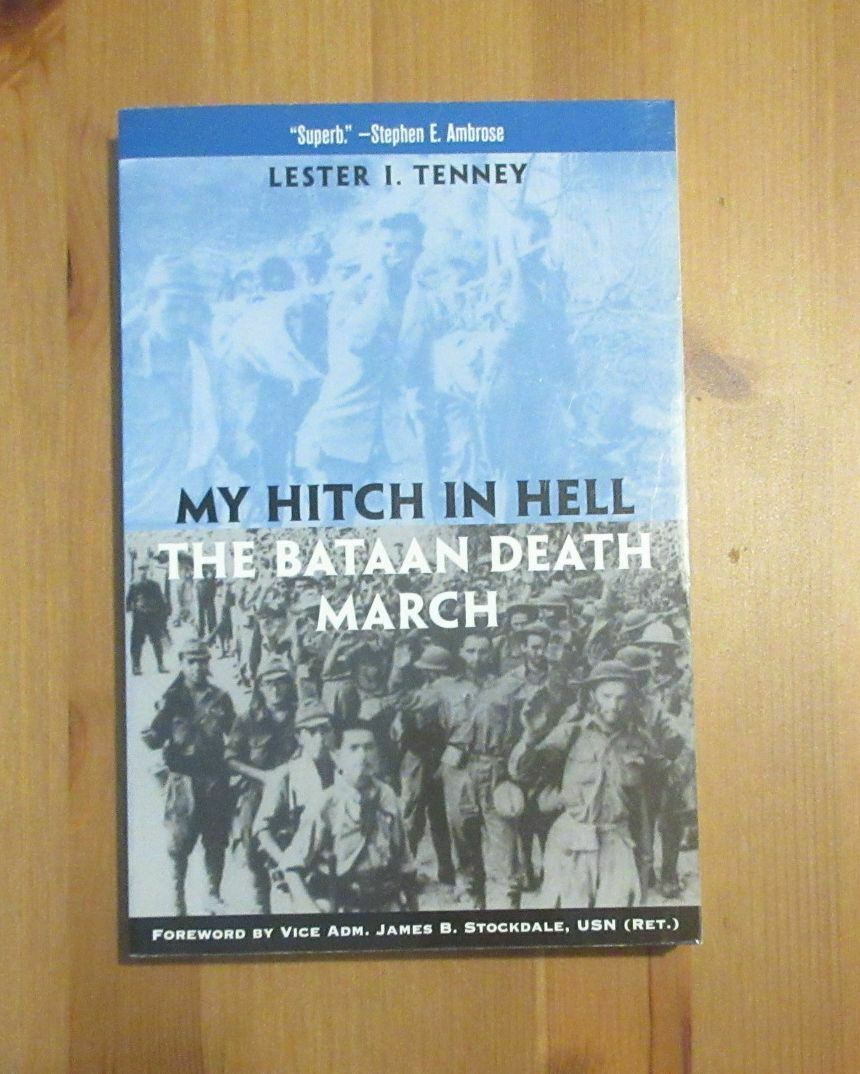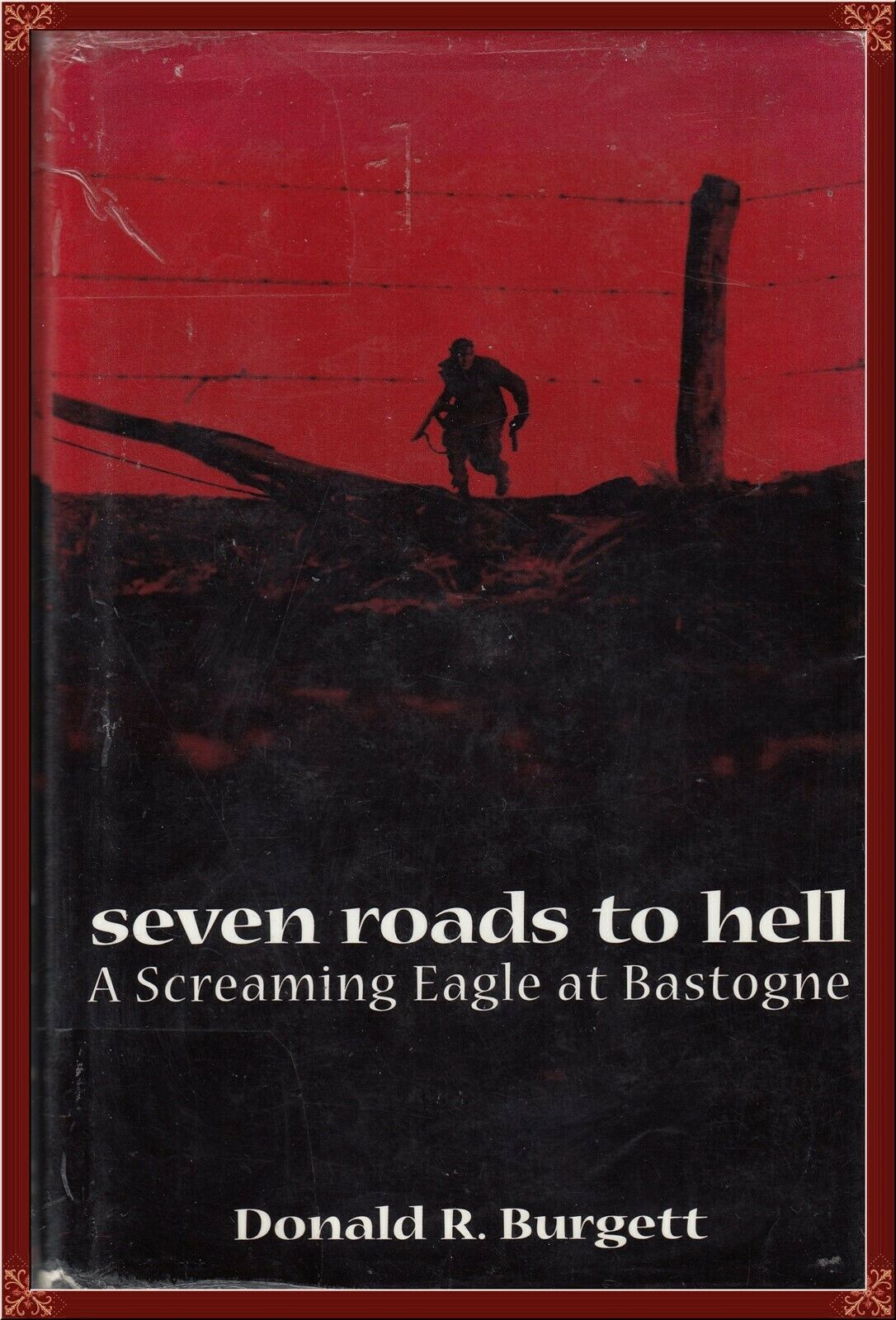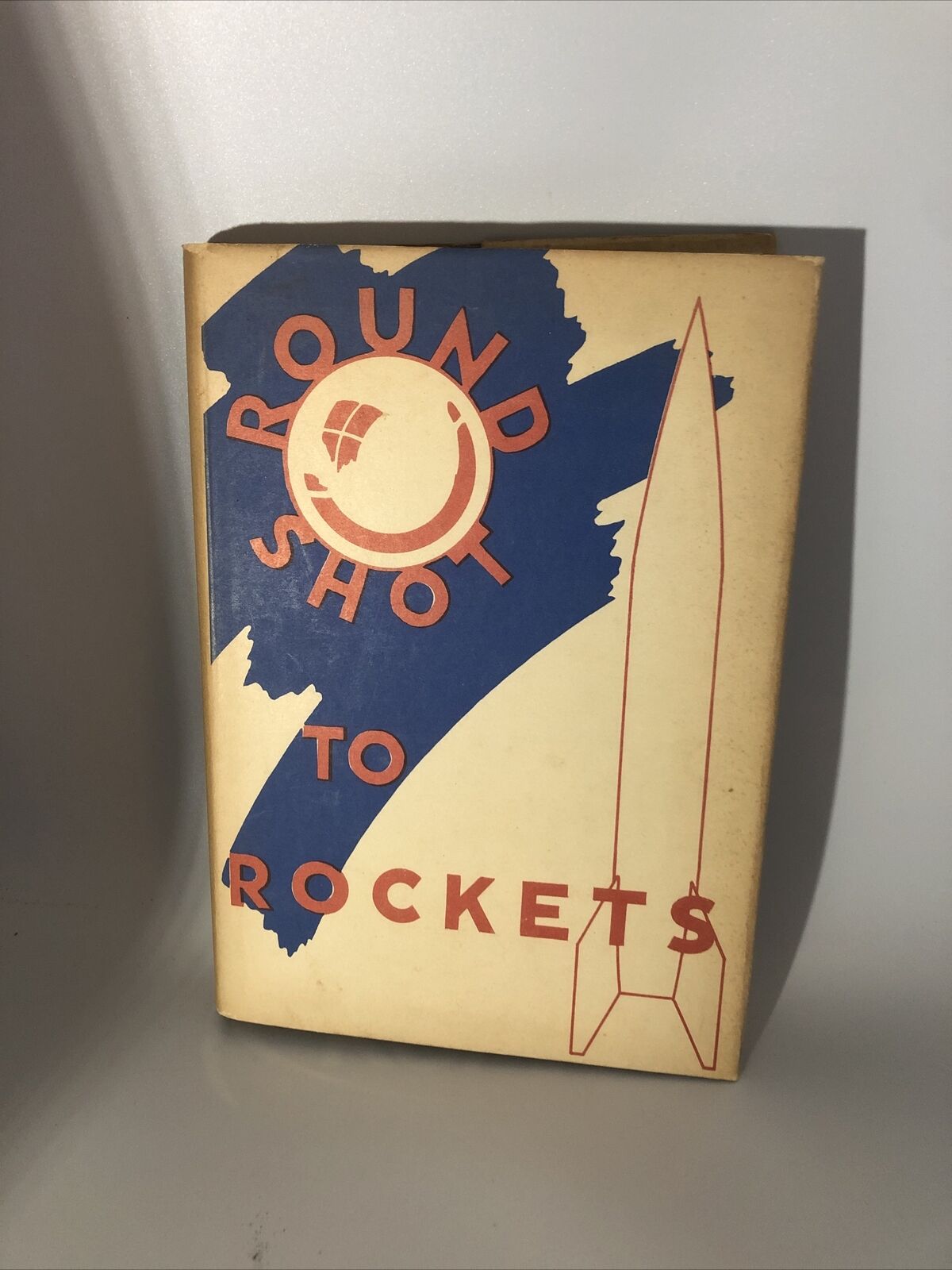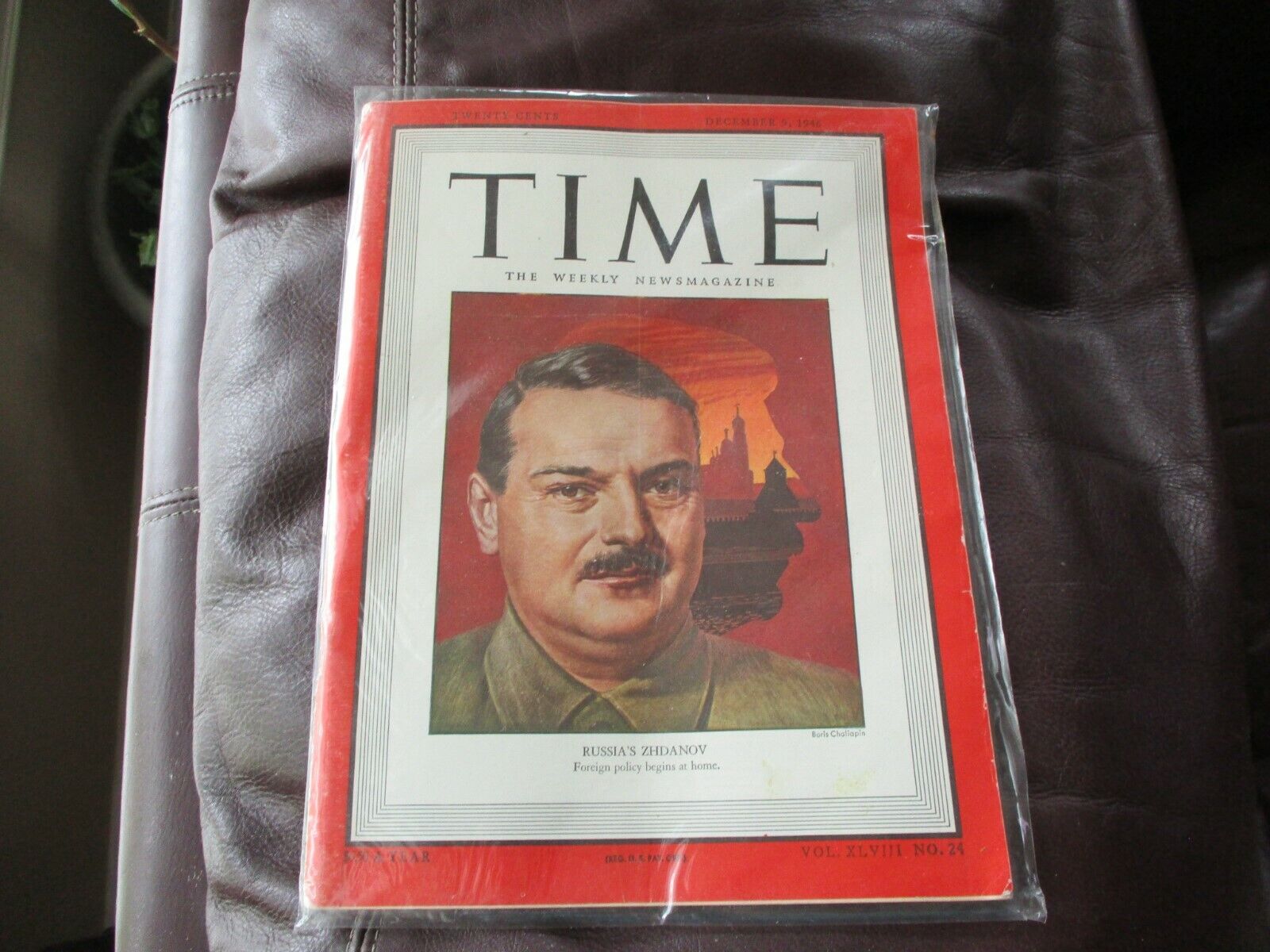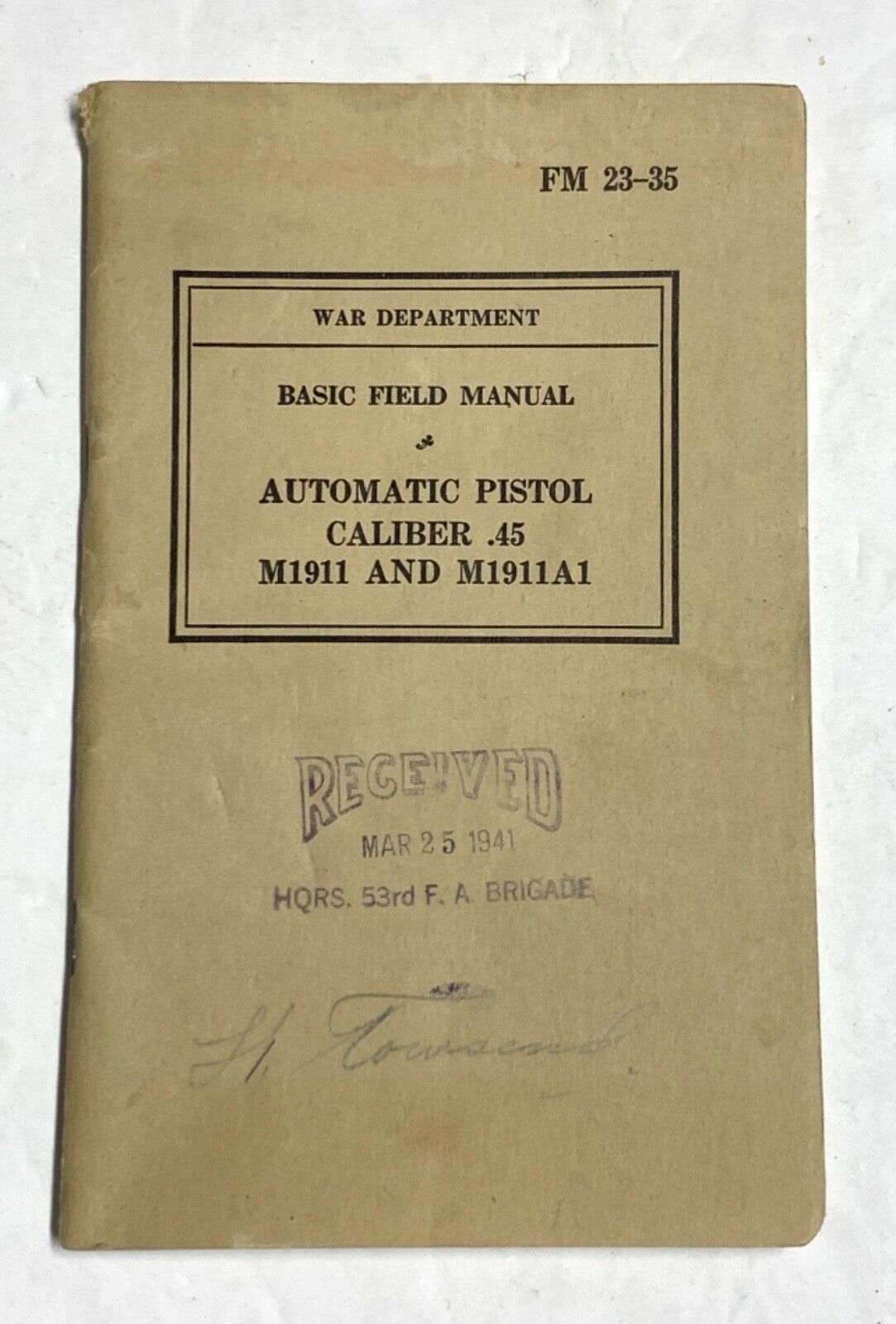-40%
signed BATAAN DEATH MARCH VET book MY HITCH IN HELL lester tenney
$ 10.55
- Description
- Size Guide
Description
signed BATAAN DEATH MARCH VET book MY HITCH IN HELL lester tenneysigned BATAAN DEATH MARCH VET book MY HITCH IN HELL lester tenney
MY HITCH IN HELL
THE BATAAN DEATH MARCH
By Lester I. Tenney - SIGNED BY AUTHOR
Printed in 2008
Index
219 Pages - Softcover (9 inches / 23 cm tall)
CONDITION: Very good, bit of storage wear to cover.
Author's New York Times obituary:
Lester Tenney, 96, Dies; Faced Japan’s Brutality and Won Its Apologies.
By Richard Goldstein
March 5, 2017
Lester Tenney survived the Bataan Death March, followed by three and a half years of slave labor as a prisoner of the Japanese in World War II. When he was released at the war’s end, he learned that his wife had remarried, believing he was dead. He suffered from what came to be known as post-traumatic stress, but he married again and built a life in the academic and business worlds.
He eventually forgave the Japanese people for the atrocities visited upon him and thousands of other prisoners. But he never forgot. He waged a relentless and ultimately successful quest to win apologies from Japanese leaders for their nation’s brutality.
He died on Feb. 24 in Carlsbad, Calif., his son, Glenn, confirmed. He was 96.
An Army sergeant and tank commander, Mr. Tenney was among thousands of American and Filipino soldiers who had retreated to the Bataan Peninsula in the Philippines after Japan’s attack on Pearl Harbor and its invasion of the Philippines.
In April 1942, the Americans on Bataan, virtually out of ammunition, medical supplies and food, were ordered by their commander to surrender. In May, the besieged American troops on the island of Corregidor, off Bataan, surrendered as well.
The American captives on Bataan were ordered to walk 60 miles or more, the distance varying according to where they were captured, for transfer to a prison camp in the Philippines and then to captivity in Japan.
“If you stopped walking, you died,” Mr. Tenney told the Atomic Heritage Foundation in 2013. “Either they cut your head off, they shot you or they bayoneted you.
“We had no food or water. The temperature was about 106, 108 degrees. We all had malaria, dysentery.”
Mr. Tenney spent the rest of the war at a prison camp in Japan and shoveling coal at a nearby mine owned by the Japanese conglomerate Mitsui. The prisoners dug 12 hours a day, 7 days a week, surviving on three small bowls of rice and a bit of water daily. They were often beaten by Japanese guards or employees of the mine company.
Mr. Tenney was released when Japan surrendered in August 1945, days after America dropped atomic bombs on Hiroshima and on Nagasaki, a city across the bay from the prison camp where he was held.
He obtained a doctorate in finance from the University of Southern California, taught at San Diego State and Arizona State Universities and founded a company providing financial advice to corporations.
Mr. Tenney recounted his wartime experiences in a memoir, “My Hitch in Hell,” published in 1995.
In 1999, he joined with a group of former P.O.W.s in a lawsuit seeking reparations from the Japanese companies that had subjected them to slave labor. The suit was dismissed in federal court on the grounds that the 1951 peace treaty between the United States and Japan had precluded private claims for compensation.
Mr. Tenney became national commander of the veterans’ organization American Defenders of Bataan and Corregidor, which invited Japan’s ambassador to the United States, Ichiro Fujisaki, to its 2009 convention.
In an address to some 70 veterans from the dwindling ranks of Bataan survivors, the ambassador said, “We extend a heartfelt apology for our country having caused tremendous damage and suffering to many people, including prisoners of war, those who have undergone tragic experiences in the Bataan peninsula, the Corregidor island, Philippines and other places.”
Mr. Tenney was invited to Japan the next year and received an apology from Foreign Minister Katsuya Okada.
In April 2015, Mr. Tenney attended a joint session of Congress addressed by Japan’s prime minister, Shinzo Abe, who expressed “deep repentance” for American losses. Mr. Tenney told The San Diego Union-Tribune that Mr. Abe personally apologized to him later that day.
In Mr. Tenney’s final years, the Japanese company Mitsubishi issued an apology over its treatment of wartime captives.
Lester Irwin Tenney was born in Chicago on July 1, 1920, and went to war as a member of the Illinois National Guard.
While in his mid-80s, he paid tribute to latter-day American troops by creating Care Packages From Home, which sent gifts, phone cards and personal letters to men and women serving in Afghanistan and Iraq.
In addition to his son, from his second marriage, which ended in divorce, Mr. Tenney is survived by his third wife, Betty; his stepsons, Edward and Donald Levi, from their marriage; and many grandchildren and great-grandchildren.
Glenn Tenney accompanied his father on trips to Japan, including a visit to the site of the coal mine where he had been enslaved. They found only a field, but mines still operated nearby.
The younger Mr. Tenney recalled in an interview on Friday that his father “was in tears” when he picked up a stray piece of coal. It “brought back all the memories,” the son said.
Listing and template services provided by inkFrog
